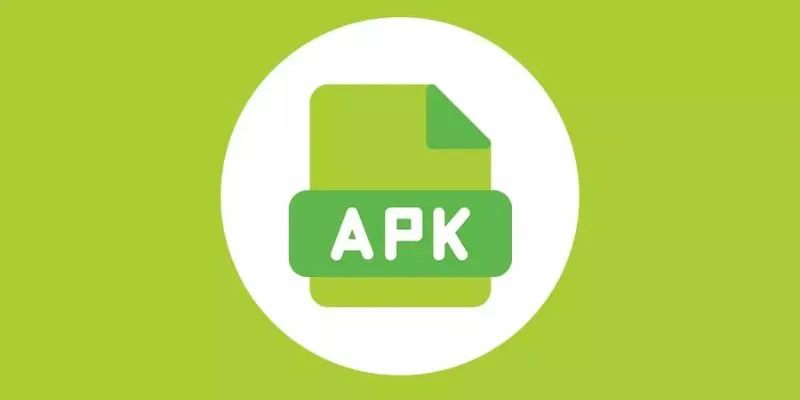.NET, developed by Microsoft, has been a cornerstone of software development for decades. As technology evolves, developers often question the relevance and future of frameworks like .NET in the dynamic landscape of programming languages and tools. With its versatile and robust features, .NET continues to adapt and maintain its position as a leading framework for building diverse applications, including web, mobile, desktop, and cloud-based solutions. This blog explores the future of .NET and how it is poised to remain integral to software development.
Future of .NET in Software Development
Cross-Platform Development with .NET 6 and Beyond
.NET has undergone significant transformations, especially with the introduction of .NET Core and the subsequent unification into .NET 5 and .NET 6. These versions enable cross-platform development, allowing developers to create applications for Windows, Linux, and macOS using a single codebase.
The unified ecosystem eliminates the fragmentation between .NET Framework and .NET Core, offering a streamlined development experience. With features like enhanced performance, reduced overhead, and built-in support for modern architectures, the cross-platform capabilities of .NET ensure its relevance in future software projects. To master these capabilities, consider enrolling in Dot Net Training in Chennai, which offers in-depth training in cross-platform development.
Integration with Emerging Technologies
The .NET framework is evolving to integrate seamlessly with emerging technologies, including artificial intelligence (AI), machine learning (ML), and the Internet of Things (IoT). Frameworks like ML.NET empower developers to build AI-driven applications directly within the .NET environment, reducing the learning curve for incorporating ML models into projects.
IoT development is another promising domain where .NET shines. With .NET IoT libraries, developers can create scalable and secure applications for connected devices, opening opportunities for innovations in smart homes, industrial automation, and healthcare.
Advancements in Cloud Computing with .NET
Cloud computing has become a cornerstone of modern software development, and .NET is fully aligned with this trend. Azure, Microsoft’s cloud platform, offers robust tools and services for .NET developers to build, deploy, and scale cloud-based applications.
The future of .NET is closely tied to the growth of cloud-native development. Features like minimal APIs, microservices architecture, and containerization make .NET a strong contender for building scalable and distributed cloud applications. Additionally, serverless computing with Azure Functions allows developers to focus on writing code without worrying about infrastructure management. For developers looking to enhance their cloud computing skills, a Dot Net Online Course can provide practical knowledge of building cloud-based solutions with .NET.
Enhanced Developer Experience with Modern Tools
The .NET ecosystem is bolstered by powerful development tools like Visual Studio and Visual Studio Code, which provide an intuitive and feature-rich environment for coding, debugging, and testing. Continuous improvements to these tools ensure that developers can work efficiently and productively.
With features like live unit testing, IntelliCode for AI-assisted development, and Git integration, .NET offers a modern development experience that caters to the needs of both beginners and seasoned professionals.
Read more: What are the Best Practices for Developing User Interfaces with React JS?
Sustainability and Open Source Contributions
The open-source nature of .NET Core and its successors has broadened the framework’s appeal and fostered a vibrant community of developers. This open-source model ensures transparency, faster bug fixes, and the inclusion of community-driven enhancements.
Microsoft’s commitment to sustainability in .NET’s development, coupled with a large and active community, guarantees continuous updates and innovations. Developers can expect regular feature releases, security updates, and long-term support, making .NET a reliable choice for future projects. To build skills that align with open-source contributions, consider taking a Content Writing Course in Chennai, which can enhance your ability to write clear and effective documentation and contribute to the open-source community.
Adoption in Mobile and Game Development
The future of .NET also lies in its increasing adoption for mobile and game development. Xamarin, now part of .NET MAUI (Multi-platform App UI), simplifies the creation of cross-platform mobile applications, providing a unified framework for iOS and Android development.
In gaming, .NET supports Unity, one of the most popular game engines. This enables developers to use C# and .NET libraries to create immersive gaming experiences, further expanding .NET’s versatility. For those interested in mobile and game development, a Content Writing Online Course can provide the skills needed to create engaging content and tutorials that help developers understand and adopt these technologies.
The future of .NET in software development is bright and promising. With its robust cross-platform capabilities, integration with emerging technologies, and focus on cloud-native development, .NET continues to evolve to meet the needs of modern developers. Its open-source nature, coupled with powerful tools and a thriving community, ensures its sustainability and relevance in the years to come.
Whether you are building enterprise applications, cloud solutions, mobile apps, or IoT devices, .NET remains a versatile and reliable choice for developers worldwide. To stay ahead in this ever-evolving field, learning .NET from the Advanced Training Institute in Chennai can provide the skills and knowledge needed to leverage its full potential in your projects.
Read more: What are the Main Objectives of EDA in Data Science?



